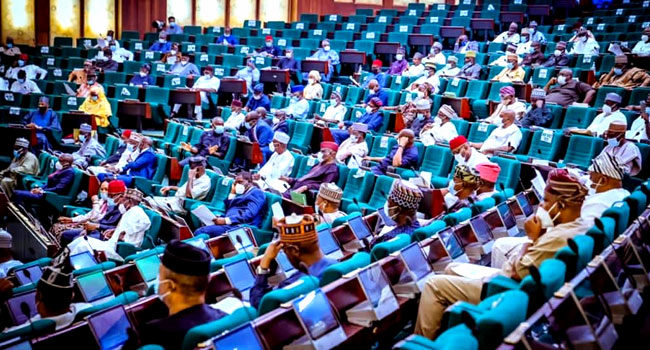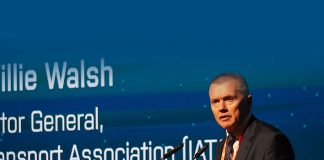The Nigerian National Petroleum Company Limited, as the sole importer of Premium Motor Spirit, often known as petrol, has been encouraged by the House of Representatives to quickly reduce lineups at filling stations across the country.
The House also encouraged the appropriate security services to “hunt down those oil marketers and other economic saboteurs who may be to blame for the country’s gasoline scarcity.”
The House agreed to “ask the appropriate regulatory authority to come before the leadership of the House of Representatives tomorrow, Thursday, 26/01/2023, by 2pm,” while directing the necessary committees to examine the subject within 48 hours and report back.
These decisions came after the plenary unanimously approved a motion of urgent public significance proposed by a member, Leke Abejide, on Wednesday.
Abejide introduced a resolution titled, ‘Need for the NNPC Limited and Other Regulators in the Petroleum Industry to End Fuel Scarcity Across the Country,’ noting that the NNPC Limited is the country’s sole importer of fuel.
According to him, the National Assembly has allocated funds for a petroleum product subsidy in order to offset unanticipated events, particularly product shortages.
The lawmaker recalled that over three months, there had been persistent scarcity of PMS in many parts of the country “and the situation appears to be getting worse”. Abejide also noted that the disparity in the pump prices at the filling stations across the country, which, he said, “fields speculations that government may have begun to remove subsidy on petrol.”
He added that there is the allegation of drop in petrol supply to marketers by private depots, which he said was creating “a dangerous mindset in the country.”
He said, “The House is concerned that the current fuel crisis across the country may worsen in the days ahead, with the introduction of a N16.00 per litre charge. The House is also concerned that another contributing factor to the scarcity of the product may be unconnected with the increased cost of hiring daughter vessels in the hike in litre charges, which hitherto were paid in naira but now being charged in US dollars.
“The House is further concerned that the scarcity is associated with saboteurs among some of the key stakeholders who deliberately manipulated the system. The House is worried that due to the scarcity, Nigerians are exposed to all sorts of hardships, which have resulted in a hike in transportation fares and high cost of some major food items. The House is also worried that as a result of petrol scarcity, Nigerians are not finding it easy in their day-to-day livelihood activities.”












